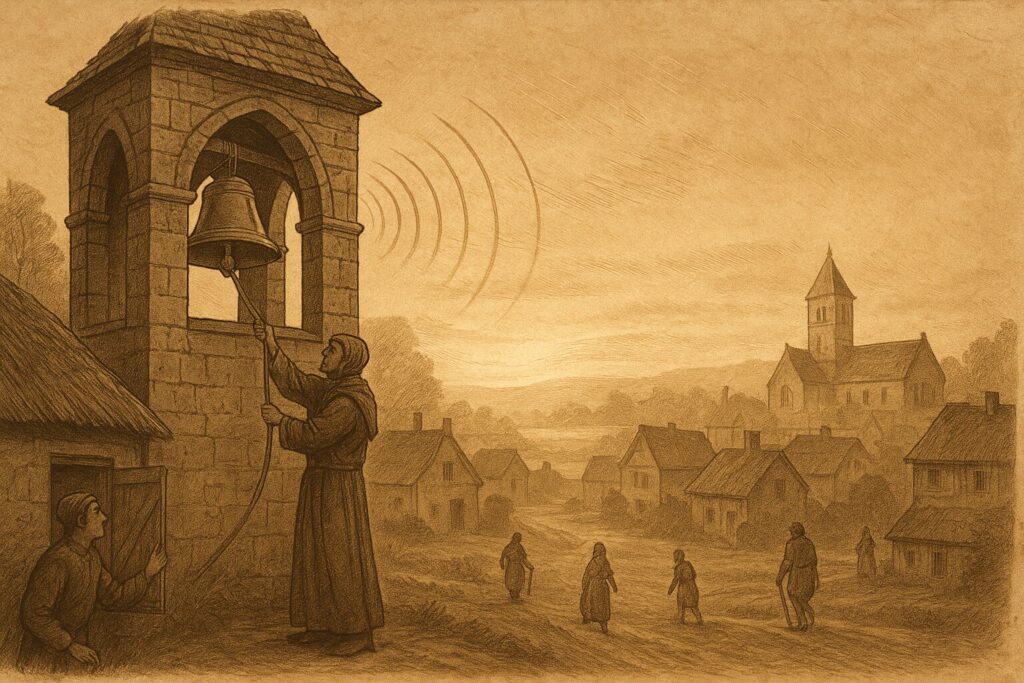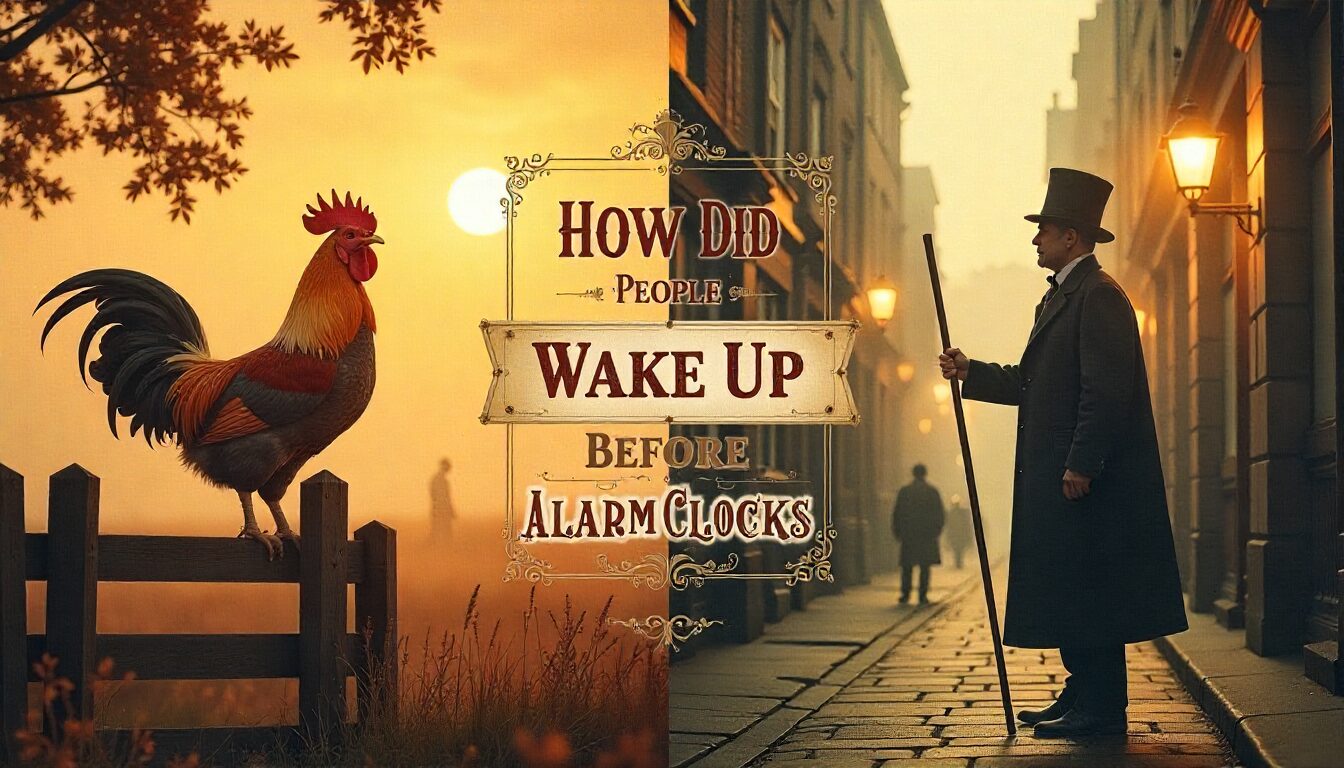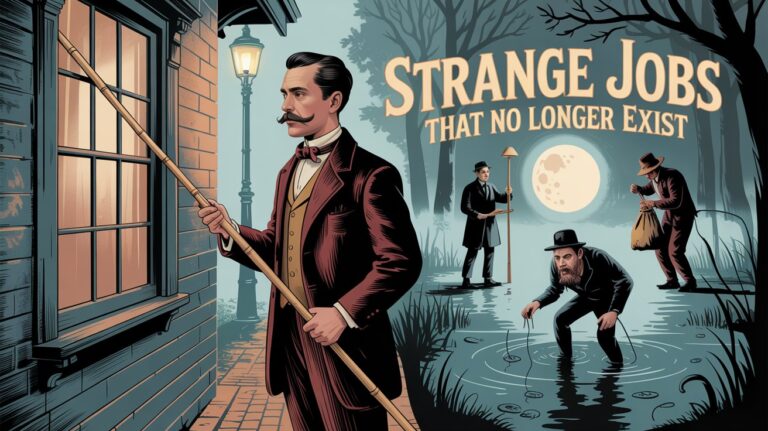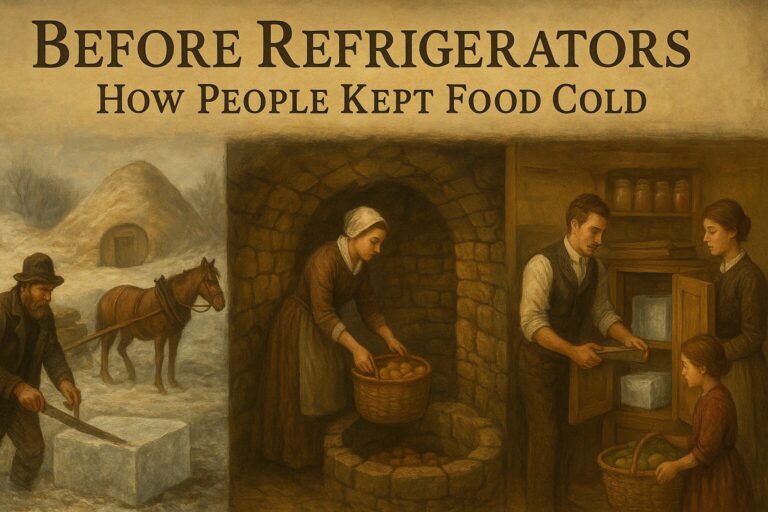Today, we rely on blaring beeps, buzzing phones, or smart speakers to drag us out of bed. But how did people wake up before alarm clocks? For most of history, humans had no such gadgets. Instead, our ancestors depended on nature, creativity, and even hired professionals to make sure they didn’t oversleep. Some methods were clever, some bizarre, and some downright inconvenient—but all reveal how important waking on time has always been.
The Original “Rooster” Wasn’t Always Feathered
Yep, the humble rooster gets top billing for a reason. That piercing crow at dawn? Nature’s original alarm clock, loud, proud, and mostly reliable (unless your rooster decided to sleep in). But roosters weren’t the only natural cues:
Sunlight: The ultimate circadian rhythm regulator. People naturally woke with the light. Simple, effective… unless you lived somewhere with very short winter days or needed to wake before dawn (like bakers or milkmen! Then you were out of luck.
Bladder Alarm: Not glamorous, but true! A full bladder after a night’s sleep was a powerful, internal wake-up call. Not exactly precision timing, though.
Ancient Tech: Water, Fire, and Ingenuity
When just waiting for the sun wasn’t enough, ancient inventors got clever:
Water Clocks (Clepsydrae): Used by the Greeks, Egyptians, and Chinese. Imagine a pot slowly dripping water. When the water level hit a certain point… PLUNK! A pebble would drop onto a metal plate, or a float would trigger a whistle or gong. Think of it as the world’s first programmable alarm! Setting it “just 5 more minutes” was probably tricky.
Candle Clocks: Popular in Asia and Europe. Candles had markings for hours. You’d stick a nail into the wax at the “wake up” mark. When the candle burned down to the nail… CLANG! The nail would drop into a metal tray below. Ingenious!
The Human Alarm Clock: Meet the “Knocker-Upper”!
One of the most fascinating answers to “how did people wake up before alarm clocks?” comes from 18th–19th century Britain. The knocker-upper was a real job, where a person walked the streets before dawn and tapped on windows with long sticks or shot peas until clients woke up. This human alarm service was vital for factory workers who couldn’t risk oversleeping.
The Method: They’d tap, rap, or even shoot dried peas at their clients’ specific windows – often second or third-floor bedrooms – until they saw a hand wave or a candle lit, signaling the sleeper was awake.
Payment: Knocker-Uppers were paid weekly, a few pence per customer. Miss your window? You might oversleep and lose your job! Talk about pressure.
Bells, Bells, Bells!
Church Bells: Monastic life revolved around prayer times (Matins, Lauds). Church bells ringing at these hours acted as a communal alarm clock for entire towns and villages.

Factory Whistles: During the Industrial Revolution, the factory whistle screaming at the start of a shift was an inescapable, often dreaded, wake-up call for thousands.
So… Did Anyone Just Oversleep Constantly?
Probably! These methods weren’t foolproof. A cloudy day could throw off sunlight cues. A faulty water clock or a draft blowing out your candle alarm meant trouble. Your knocker-upper might get sick. Church bells only rang at set times. Life before precision timekeeping meant more flexibility was forced upon people, but it also meant missed appointments, late starts, and likely, some grumpy bosses throughout history!
Why We’re Still Fascinated by the “Wake-Up Struggle”
It’s easy to take our little bedside beepers for granted. But looking back at these ingenious (and sometimes downright weird) solutions reminds us:
Humans are clever:
We’ve always found ways to solve everyday problems, even waking up.
Community mattered:
From knocker-uppers to church bells, waking up often involved other people, not just tech.
Our relationship with time has changed: Alarm clocks standardized waking in a way nature and human jobs couldn’t. They literally changed how societies functioned!
It’s relatable! The universal groan at being woken up? That connects us across centuries. We’ve all been there, whether startled by a rooster, a falling nail, or a pea hitting the windowpane!
So next time your alarm blares, spare a thought for the knocker-upper braving the pre-dawn chill, the monk lighting the candle clock, or the ancient engineer perfecting the water drip. Waking up on time is a very old human challenge – and the solutions are a quirky, wonderful part of our shared history. Now, about that snooze button…
Frequently Asked Questions (FAQs)
Did everyone just wake up with the sun?
A: Mostly, yes, especially before cities and factories. But people who needed to wake earlier (like bakers, sailors on watch, or soldiers) relied on other methods like water clocks, candle alarms, or eventually, knocker-uppers.
When were alarm clocks invented?
Mechanical alarm clocks date back to the 1400s in Europe, but affordable versions for households became popular in the late 1800s.
Were knocker-uppers really a common job?
Absolutely! Especially in busy industrial towns in Britain and Ireland during the 18th and 19th centuries. It was an essential service for factory workers and others who couldn’t afford to oversleep. There are even old photographs of them!
How reliable were candle clocks or water clocks?
They were clever for their time, but not super precise or foolproof. Drafts could blow out candles or affect burning speed. Water flow could be inconsistent. They were better than nothing, but you wouldn’t set one for a critical meeting!
What finally replaced knocker-uppers?
The rise of cheap, reliable, wind-up mechanical alarm clocks in the late 19th century! Once families could afford their own personal alarm, the need for the human wake-up call faded away.
Did people just naturally sleep better back then?
A: Not necessarily! While they lacked blue light from screens, they had other challenges: less comfortable bedding, colder homes, more physical labor exhaustion, and sometimes noisy environments (animals, early city sounds). Sleep quality varied greatly.






